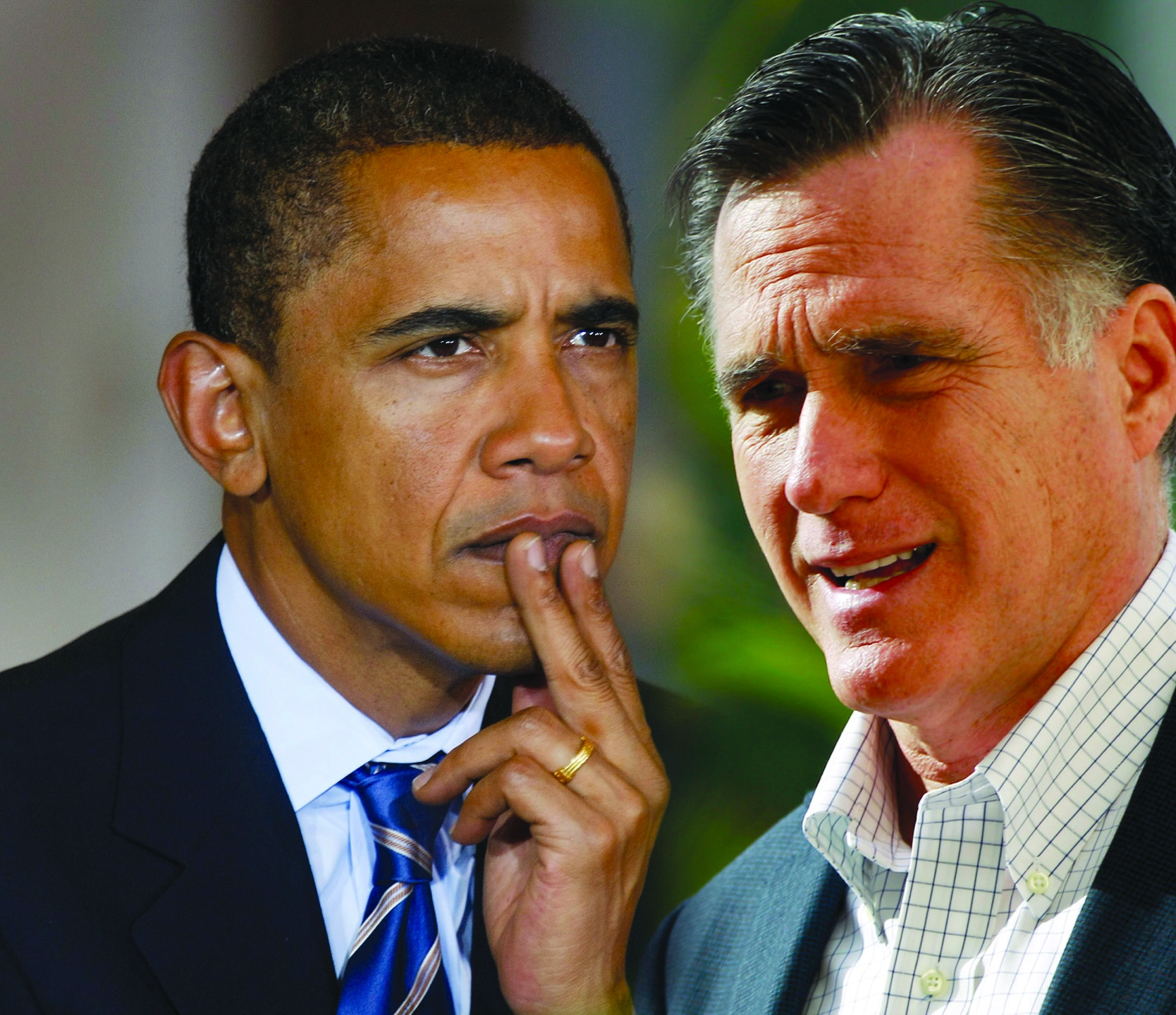
The final presidential debate held on Monday, Oct. 22 offered insight into the election beyond the candidates’ ideas on foreign policy.
The focus of this debate was foreign policy; however, the candidates frequently reverted to a discussion of domestic, specifically economic, matters.
The tendency of the debate to stray from foreign policy reflects the candidates’ attempts to appeal to voters. Numerous political experts, including the University of Puget Sound’s Politics and Government professor Seth Weinberger, agree that foreign policy is less important to votersthan many of the other factors that contribute to an individual’s vote. Polls show that in this election foreign policy is a low priority. Fewer than 10 percent of voters in the battleground states of Colorado, Virginia and Wisconsin ranked foreign policy as the most important issue, according to The New York Times. Thus, the final debate saw frequent diversions to matters more crucial in voters’ decisions.
Nielsen, a measuring company, reported that 59.2 million viewers watched the debate from home. This estimate is down from 67.2 million for the first debate and 65.6 million for the second debate—a testament to the fact that the public cares less about foreign policy than domestic matters when voting.
Bearing in mind the relative lack of public interest in foreign policy, content was deemed less important than tone in this last debate, according to NPR commentator David Folkenflik. Analyses of the debate placed greater emphasis on how the candidates conveyed their points rather than what the candidates actually said.
While Romney adopted a softer tone, Obama was harsher than he had been in previous debates. Political analysts identified this role reversal as interesting and significant to both candidates’ strategies in the debate as well as in their campaigns.
“Obama’s strategy was to be somewhat condescending in a bid to paint Romney as inexperienced on foreign policy,” Ari Shapiro, NPR’s White House correspondent, said.
Highlighting Romney’s inexperience contrasts the foreign policy successes that Obama has had while in office, which offered him an advantage in the last debate. The intervention in Libya and seeing to it that Osama Bin Laden was killed stand out as foreign policy triumphs. Obama’s advantage in experience is amplified by Romney’s inexperience in foreign policy.
“I think that Romney’s inexperience in foreign policy has shown through time and again,” David Sousa, chair of the Politics and Government department at the university, said. According to Sousa, his hawkish stance is unfitting to the current economic and political climate.
“This positioning doesn’t have the same force in 2012, with an electorate tired of war and the treasury exhausted,” Sousa said.
Obama’s attempt to highlight Romney’s lack of experience in foreign policy fits in with his overall strategy.
“The Obama strategy was to make Romney an unacceptable alternative,” Sousa said.
While being the incumbent certainly gives Obama an edge, it also presents disadvantages. According to Weinberger, “Candidates can make all sorts of claims about foreign policy that they want, but as current president, Obama doesn’t have the freedom to do that.” Obama is especially constrained in the discussion of Iran.
“There has been talk of face to face negotiations, which Obama would not want to upset,” Weinberger said.
As for Romney’s strategy, Ron Elving, NPR’s Washington Editor, said, “In Boca, Romney and Co. sensed a moment to ease off a bit and make a more positive impression.” The rationale for this altered tone was to appeal to a broader range of voters.
“Their clear targets were women, undecided independents and others who might have been turned off by the contentious, uncivil tone of earlier confrontations,” Elving said.
According to Elving, Romney’s tone for the last debate signifies that his campaign believes they are in the lead.
“This implies that the Republicans are placing a hefty bet on their analysis of the race, and on the rightness of their overall late-surge strategy. They decided that by winning the first debate and looking like a leader, Romney had altered the dynamics of the fall campaign for good in a single night,” Elving said.
Reports of Romney gaining momentum have spread through the news since the Denver debate. While Romney may have gained some ground, The New York Times blog FiveThirtyEight by Nate Silver denounced claims of significant momentum for Romney. The FiveThirtyEight average of national polls as of Oct. 24 found Obama ahead and still improving his standing.
Both candidates’ strategies were effective. NPR identified that while polls conducted immediately after the debate by global market research company YouGov found that viewers considered the debate a win for Obama, these polls also revealed that viewers perceived Obama as the more negative candidate in this debate.
Initial reactions to the final debate determined it a win for Obama. A CBS poll found that 53 percent of undecided voters considered Obama the winner, while only 23 percent saw it as a win for Romney, and another 24 percent felt it was a tie. The compiled polls from the FiveThirtyEight blog found that among a wider sample of voters—not just those whose are undecided—Obama still won, though by a smaller margin.
The FiveThirtyEight average of national polls as of last Friday found the race tied. The net change of the candidates’ standing in polls since the Denver debate was also unchanged; both candidates gained one or more percentage points in the various polls. In the battleground states, Obama led nine polls, Romney led three and two polls found a tie.
The last debate provided insight into the presidential race. That both candidates’ strategies were effective in the debate, paired with the current poll results, reveals the close nature of this election.
